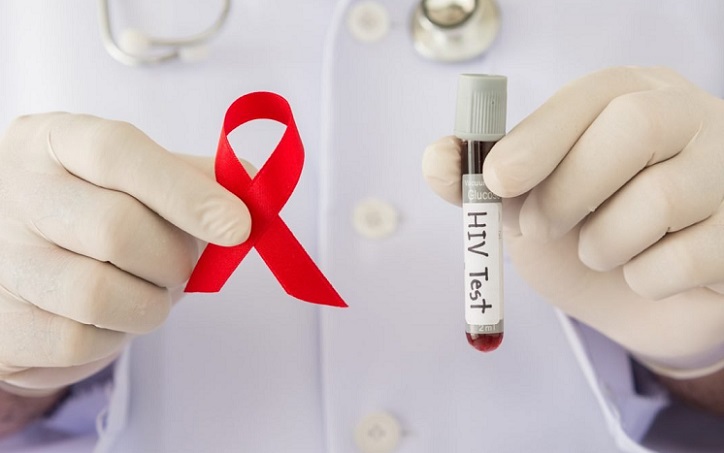In this article, we will talk about how HIV is transmitted and how it cannot be infected.
Contents
- How HIV is transmitted from person to person: transmission paths
- How HIV is transmitted from person to person: the likelihood of infection
- How is it impossible to infect HIV, is HIV transmitted through a handshake, kiss, condom, in everyday life, from a mosquito, at a dentist, with a manicure?
- How not to infect HIV: prevention
- How is HIV transmitted: the first symptoms, which doctor to contact?
- How HIV is transmitted: main myths
- Video: How is HIV transmitted? | Health | The medicine
The human immunodeficiency virus or HIV is simple, cannot live without a carrier. To multiply, the virus needs a person. Since the disease is very insidious, you always need to be on the alert and know how it is transmitted. Moreover, at first immunity is able to hold it and no signs are manifested. But after a while, the body is still surrendered and then HIV manifests itself in all its glory.
How HIV is transmitted from person to person: transmission paths
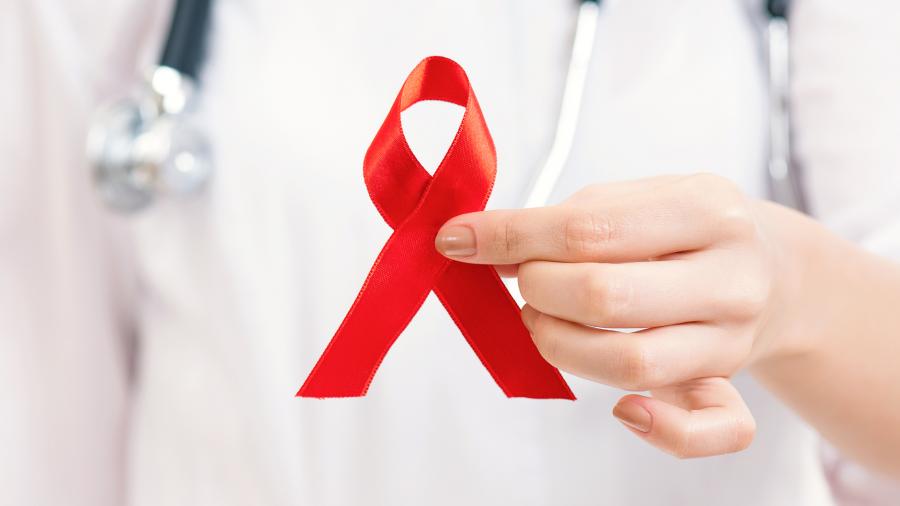
The infection can be transmitted in several ways:
- Unprotected sex
- Through blood - transfusion, injections of narcotic substances with one syringe
- From an infected mother to a child
To prevent infection, you need to figure out how it is carried out. As practice shows, most often infection occurs through sexual contact. Especially more often women are infected, because the vagina has a large area of \u200b\u200bthe mucous membrane and the sperm is linger in it much longer, and with the slightest microcrack, the virus penetrates the blood.
It is also dangerous to use one needle with drug addicts. Although some care about sterility, it does not always happen and far from everyone will use a separate syringe.

How HIV is transmitted from person to person: the likelihood of infection
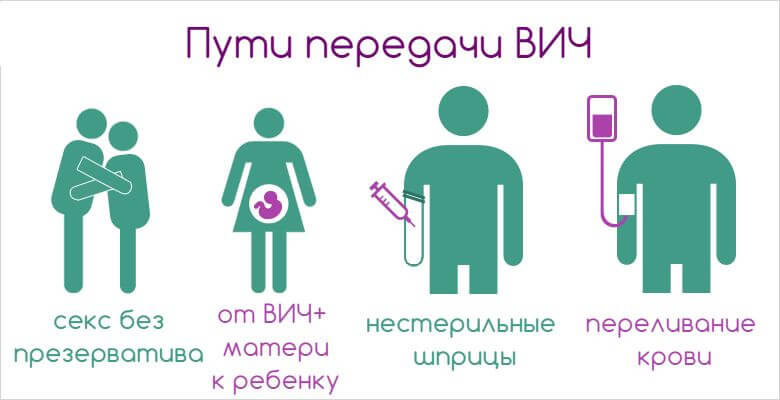
Each transmission method is dangerous in its own way and is likely to be the likelihood of infection:
- 100%probability of infection is possible in case of blood transfusion or organs transplant. Even a small amount will be enough to smash an infection throughout the body. This also includes - a bloody wound, reusable syringes and so on.
- The risk of sexual infection is not so high, but for some reason it is he who is the most common of all. As we have already said, women become infected more often. If you use a condom, then the chance of infection is extremely small, but it is and is all 0.1%.
- If an infected mother feeds the baby, then the risk of infection increases by 20%. In this case, it is better not to breastfeed the baby, but to give him a mixture. Then there will be no danger.
- HIV can be transmitted orally, but only if there are some bloody wounds or sores on the mucosa. If everything is fine, then the risk is practically absent.
- The probability of transmission of infection and anal sex is very small. If microcracks in the intestines are formed during proximity, then the risk increases to 1%.
- Newborn babies can get an infection in the womb. Then the risk is extremely high, if you do not take therapy. If it is accepted, then the risk will be only 1-2%, and without it-already 15-20%.
How is it impossible to infect HIV, is HIV transmitted through a handshake, kiss, condom, in everyday life, from a mosquito, at a dentist, with a manicure?

There are many misconceptions about the transfer of infection. For example, you can’t get a virus through shaking your hands, a common bedding and so on. These are all groundless arguments, because this is how the transmission of the infection does not occur. To prevent the disease, you need to provide yourself with proper prevention.
So it is important to know not only the methods of transmission, but also how the disease is definitely impossible.
Kiss
Often people ask the question - is it possible to infect HIV through saliva? The answer is unequivocal - no. It does not contain these very cells of the virus. So you can’t pass the virus through a kiss. But there is one moment. HIV is transmitted through the blood. For example, if there are wounds on the lips or mouth, then it is quite possible to become infected.
Condom
If the proximity was with a condom, then the risk of infection is practically absent, but it is. Some scientists have found that latex can skip the virus, although very rarely. So do not take risks and it is better to at all abandon sexual contact with the infected.
At home
In everyday life, it is extremely difficult to convey the virus if you follow all hygiene rules and use separate brushes and razors. If you have everything in common, then there is a risk of infection. So even regardless of whether there is infected in your house, you must always follow these simple rules.
From mosquitoes
In fact, mosquitoes can only be transferred to malaria, but HIV transmission is not carried out in this way. Moreover, mosquitoes cannot bite one person, and then the second, because their oral apparatus stops working after the first time.
At the dentist
As a rule, this is impossible. How HIV is transmitted, of course. The blood contains a virus, but outside the human body it dies. All dentist tools are processed and sterilized, and therefore there are no pests on them.
With manicure
If you are afraid to remove burrs or make a manicure in the cabin, then know that your fears are groundless. In this way, the virus cannot be transmitted. The fact is that its molecules outside the body immediately break up, and all the tools are carefully processed after each client.
How not to infect HIV: prevention

In order not to become infected with HIV, you need to follow some very simple rules:
- Always protect you during intercourse, especially if you do not have a permanent partner. It doesn't matter if a man wants to put on a condom. It is better then to generally abandon intimacy, because health is much more important.
- For any medical procedure, use disposable tools and make sure that the nurse open the packaging with you.
- Go to procedures only to those beauty salons and dental clinics that you trust and are sure that all tools are carefully disinfected.


How is HIV transmitted: the first symptoms, which doctor to contact?
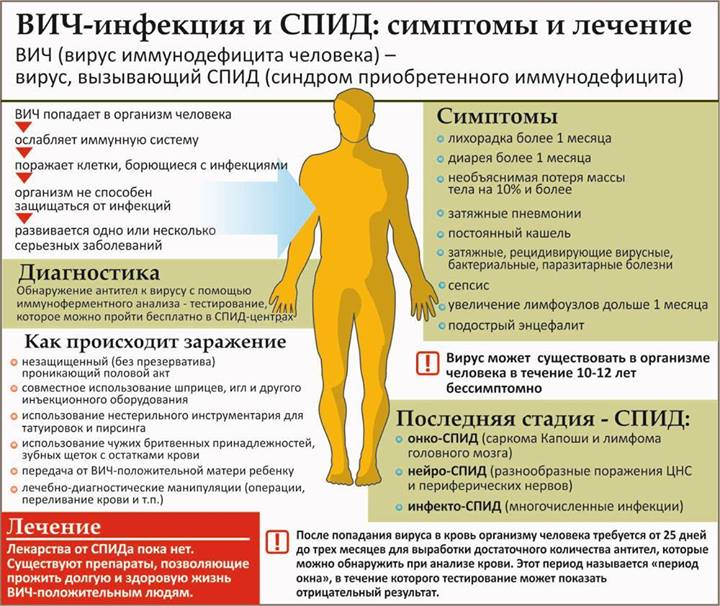
It is very difficult to say when exactly HIV is manifested. The fact is that it all depends on the human body. Some people can have the first symptoms in two weeks after two weeks:
- The body temperature rises and does not fall even after taking antipyretic drugs
- The lymph nodes are inflamed and probed well
- Constant drowsiness, drowning in sleep, weakness
- A feverish state may appear
- Fear of bright light
- A runny nose and cough may appear as with a cold
- In some cases, the skin is covered with a rash of incomprehensible origin
As you can see, the first symptoms are more similar to a cold and they disappear after 2-3 weeks. Basically, the infected people even have no discomfort at the initial stage. At the same time, while the incubation period lasts, no manifestations can not be noticed. At this time, even no one realizes that it is already sick, and in the blood the virus is not found.
The most heavy stage of HIV is the last, which is already called AIDS. It lasts from six months to two years and is characterized by certain features:
- Lung lesions up to tuberculosis
- Problems with the intestines begin, and irreversible
- Since the immunity is already completely weakened, and the virus must eat something, it is taken for the nervous system
- The mucous membranes are constantly affected - ulcers, wounds appear on them that do not heal
- The skin can be covered with a rash or strong dermatitis occurs
Depending on the form in which AIDS develops, it usually has a concomitant disease. When the immunity is already completely weakened and cannot resist even a simple cold, it becomes deadly for a person. Often, after a year of such a struggle, a person dies. If you treat HIV in time, or rather take therapy to suppress the virus, then you can live 25 years or more and in general die from old age, and not from this virus.
What to do if an infection is detected by infection?
Answer: Urgent contact a medical institution, an infectious disease specialist, therapist or venereologist. And best of all, to the specialized control center for AIDS.
How HIV is transmitted: main myths
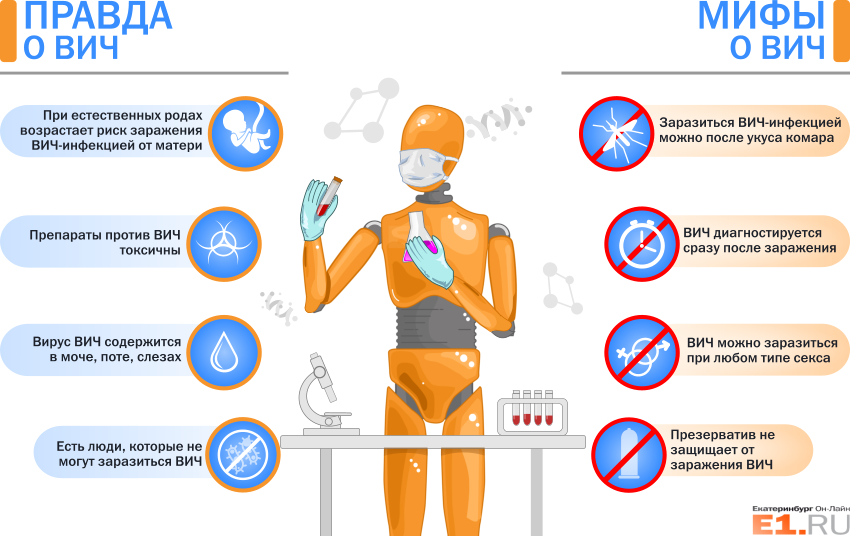
Regarding HIV, there are a lot of arguments and prejudices that should be dispelled. We will talk about the most popular myths.
If you are not a drug addict and heterosexual, then HIV does not threaten
The fact is that when HIV was first detected, it really most often manifested itself among homosexuals. But already in the 90s, cases of infection through the use of drugs from a syringe became more frequent.
At the moment, the situation is different - heterosexuals began to be subjected to the disease, regardless of gender. There are times when girls become infected from the first partner, but do not suspect anything. And when pregnancy occurs or the manifestation of obvious signs, everything becomes known. Men who could convey the infection could take drugs or change their partners very often, from here they got infected themselves.
HIV can be infected in public places or everyday life
It is important to note that this is not true. Again, everything is due to the fact that the virus cannot live outside the body. So the virus cannot be obtained through public cutlery, sweat, urine and so on. Moreover, you can not become infected in the pool or sauna.
The greatest concentration of the virus is concentrated in the blood, sperm or vaginal fluid. If one of this enters the mucous membranes or into the blood, then there is a high probability of the penetration of the virus into the body.
HIV - deadly sentence
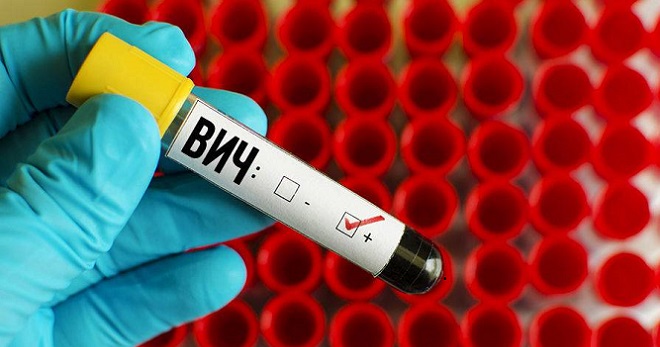
If the HIV virus penetrated the human body, then this does not mean that he will die. If you find the virus in a timely manner and start taking special therapy, then life will not differ at all from the usual one. And its duration may be the same in duration as in a healthy person. It is simply important to always take pills and then no special problems will arise.
HIV and AIDS - the same
In fact, these diseases differ. AIDS cannot appear as a separate disease if HIV has not developed before. AIDS is just the final stage of HIV, which not everyone occurs. As a rule, if you constantly undergo examinations, observe therapy and control the state of your health, you can notice in time that immunity is weakened and something needs to be done.
A woman with HIV will definitely be infected
The risk of virus lesions is less than 50%. But only if a woman is not treated. However, when a woman takes treatment during pregnancy, the risk of transmission of the disease becomes minimal.
Many believe that if the child is infected, then the kindergarten is banned for him, because he can infect others. In fact, a kindergarten can be more dangerous for the child himself, because its immunity is weakened and it will hurt more often than anyone else.
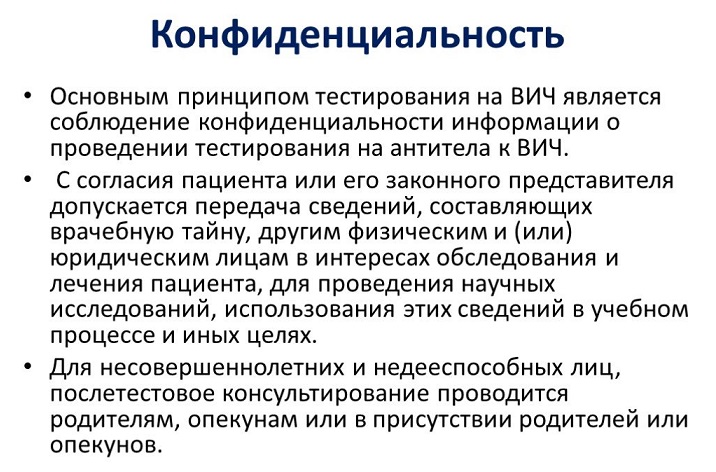
Video: How is HIV transmitted? | Health | The medicine

